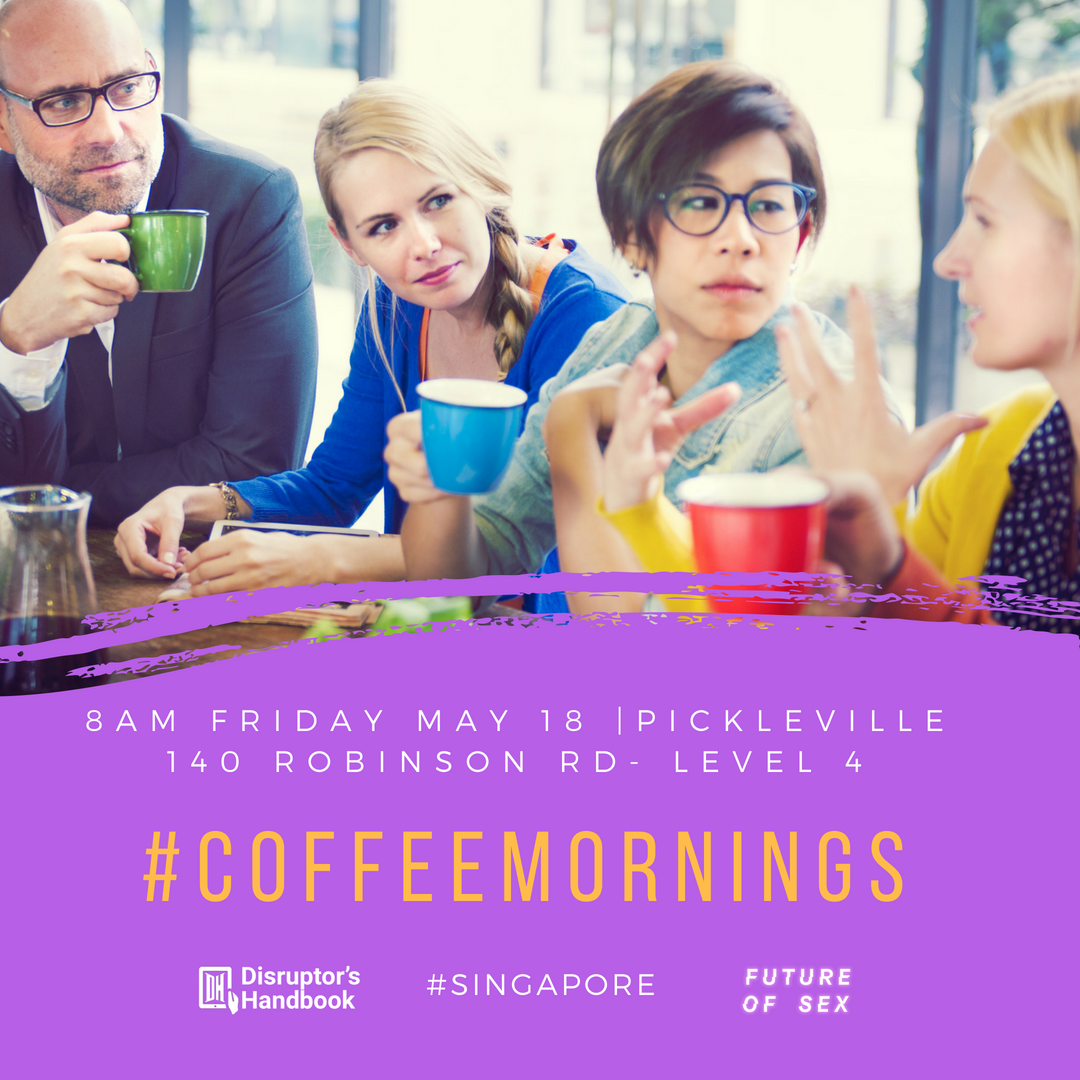We all want to believe in something larger than ourselves. We want to believe that our words, deeds and actions can make a difference in the world – what Steve Jobs described as “making a dent in the universe”.
But over the last decade, it feels like we have all been knuckling down, focusing on near term data – the next quarter, the month end numbers, the little things that allow us to scrape by week-by-week.
I’m not suggesting all these things are not important. After all, we do need to make our numbers, pay our rent, keep the wolves from the door.
But when did we give up on our dreams of creating a better place than the one we found ourselves in? When did the BIG picture become the landscape for our fears rather than our aspirations? Isn’t it time we re-evaluate?
If there is something that the last decade has taught us, it’s that complex change requires complex solutions. Sure, we can gravitate towards the simple slogan and an easy promise – but the simple truth is that change is hard. It requires effort. And that this future is already here.
The good thing is, is that we’re not alone in this. We have access to the best and brightest minds of our generation, right now. There are massive global corporations turning their attention to fundamental issues and a future that is full of opportunity not fear. It’s why I love this open letter from IBM.
Technology was the defining innovation of the 20th Century, and it looks to be continuing into the 21st. This open letter represents not just an invitation, but a call for participation. Together we can make a difference in the industries that employ our populations and provide purpose and work – like finance, retail, telecommunications and healthcare. But the same rings true for government, the environment and society. Technology has the potential to impact poverty, wellbeing, education and even champion data rights as human rights.
It’s possible. We’ve just got to expect more from technology and the people who work with and in it.



